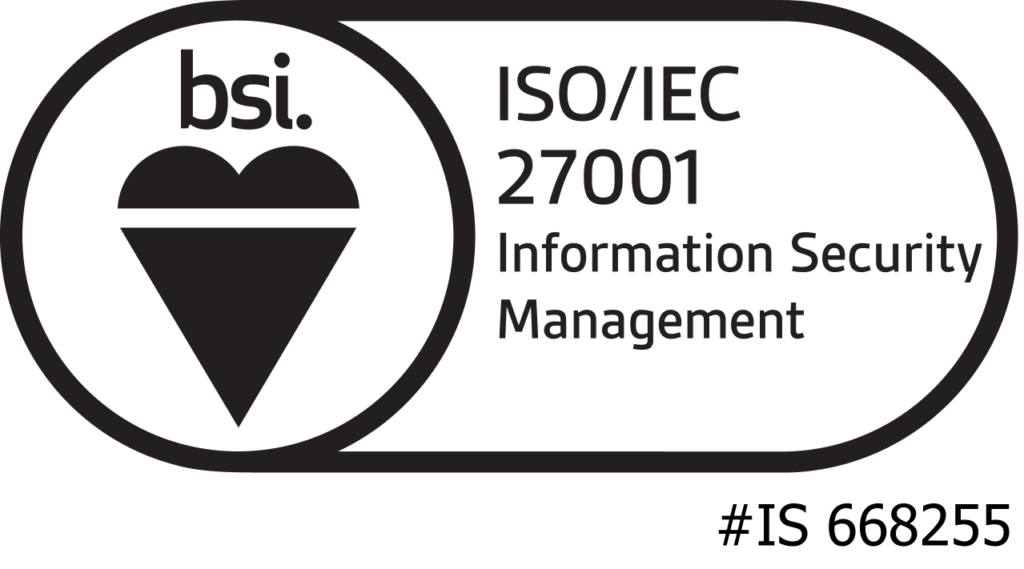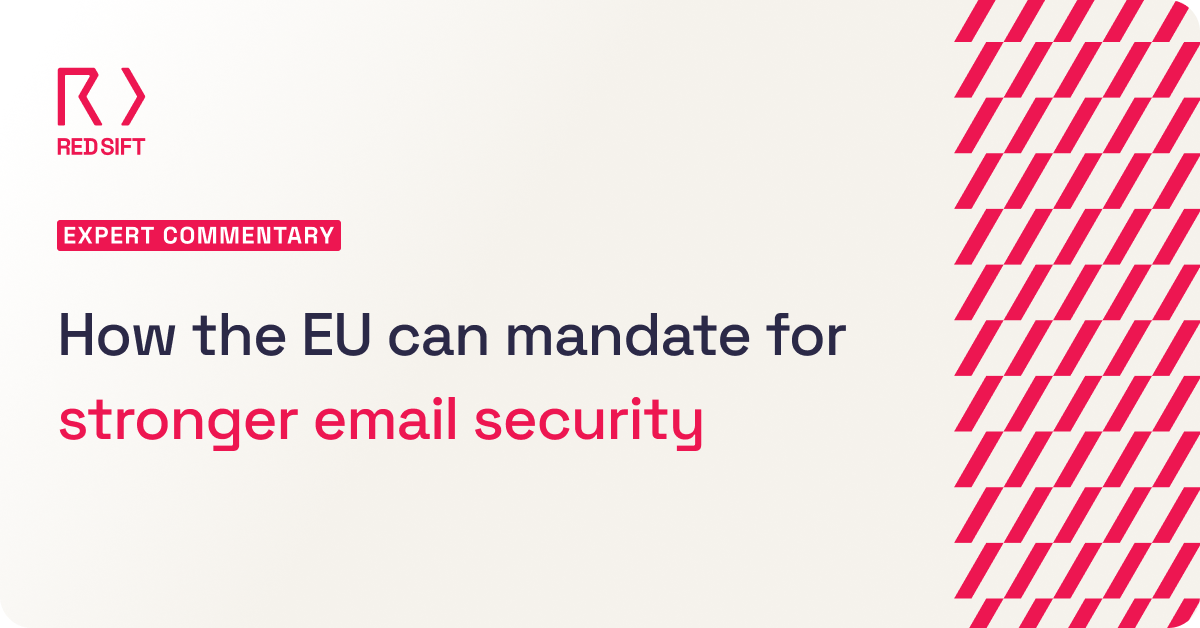As much as it used to be a contentious term just a few weeks ago in many companies, remote working is now the new norm. This abrupt change means that both businesses and employees need to adjust to new forms of communication and need to be more conscious of the tools they use for different purposes.
The adjustment period is challenging for many, but it always helps getting on top of a basic framework to address security and privacy of our conversations.
Employee privacy in virtual offices
Before going into details, the equivalent of ’check if you are accidentally CC’ing the entire company’ for video conferencing is ’check if your camera is on’. I think you already know why.
There are also genuine concerns about the privacy aspect of suddenly moving onto online platforms for every coffee conversation. If you conduct these on company accounts, it may be that your boss will also learn about them. When it comes to online chats, it’s best not to mix leisure with business.
You should also pay attention to… paying attention. Zoom’s attention tracking lets the presenter or administrator see if you switch to another task for more than 30 seconds. However, it does not discriminate: if you take a peek to cross-check the numbers in Excel or how your friends are coping on Facebook, the signal remains the same.

Avoid installing video conferencing apps of absolutely any kind if you are really concerned about personal privacy. Every single one works well in a web browser while allowing you to retain some personal space.
But how your company can invade our privacy comes down to trust. You should be able to decide for yourself how much you trust your employer, and which kinds of conversations are acceptable in the office environment. If you are happy to talk about something over some libations, but not in the office kitchenette, you might want to save the juicy details for your preferred ’Chat with friends’ app instead of putting it in your cozy new virtual office.
Business email compromise is on the rise
Several high-profile ransomware groups claimed they will stop attacking healthcare organizations. They are running a business, but they are not evil, after all.
However, your business might not be this lucky. Phishing attacks have escalated quickly along with the COVID-19 crisis, and it’s important to secure the workforce against these unsolicited messages.

If your anti-phishing policies are due for an update, this might be the best time to do that. Do not be afraid to test new inbound phishing protection software, and roll it out across your organization, as it will help you confirm if your phishing training has been adequate.
If you haven’t already, it is a good idea to start rolling out mandatory two-factor authentication across the company. It will greatly decrease the effectiveness of most phishing attacks.
Since everybody is now expecting important notices to come through email, fraudulent impersonation attacks to gain access, and fake invoices will be more frequent, too. Implementing DMARC does not pose a risk to your day-to-day activities, but will protect your employees against impersonation attacks.
It is also important to consider now, more than ever, the safety of your customers. Many businesses have sent emails reassuring their clients they are doing everything they can to protect them in these hard times. Putting DMARC in place will also make sure malicious actors cannot abuse your brand to send fraudulent newsletters or extortion emails in your name.
Compliance challenges

On top of the cyber-security challenges, many companies will have their compliance impacted. To reassure your clients and partners, it is important to communicate that you are staying on top of ISO 27001 and GDPR requirements.
In particular, if an on-site audit is due during the lockdown period, you might be able to delay that with little impact. Companies should be lenient and understand that these are difficult times for everyone. Virtual audits may also be possible in some cases, especially if the physical security of the company offices is not of huge importance. If your certification timeline is impacted, make sure you understand the implications and notify your partners.
How your company handles GDPR will likely not be affected by the COVID-19 response, as businesses are still required to follow the local implementation of the framework. Regardless, the European Data Protection Board issued official guidance about GDPR considerations, which highlights a few specific points.
Businesses can keep and use health data about their employees, as long as it is warranted, and proportional to the danger they are facing. This specific information about an employee’s health can even be disclosed to other co-workers as long as it follows the principles laid out in the guidance. As always, the data minimization principle is still in effect, and businesses should prefer anonymous data collection.
Mental health
It takes time to adjust to a new environment, and with no clear end in sight to the worldwide crisis, it is even harder to judge how long any temporary measure will need to stay in place.
Companies that have already embraced a remote-first principle are clearly at an advantage here as they will not need to adapt to new processes. It is important, however, to realize that productivity will drop across the board as we collectively learn to cope with the mental health impact of social distancing, as noted by the WHO.
As someone who works in security, I will always say that any new technology should be judged critically, as more often than not there is a hidden cost. With the abrupt shift in our daily routines and the rapid response from criminals, staying vigilant is perhaps more important than ever.
If you’re worried about any issues raised in this article or simply looking to improve your company cybersecurity posture, get in contact with us today.





